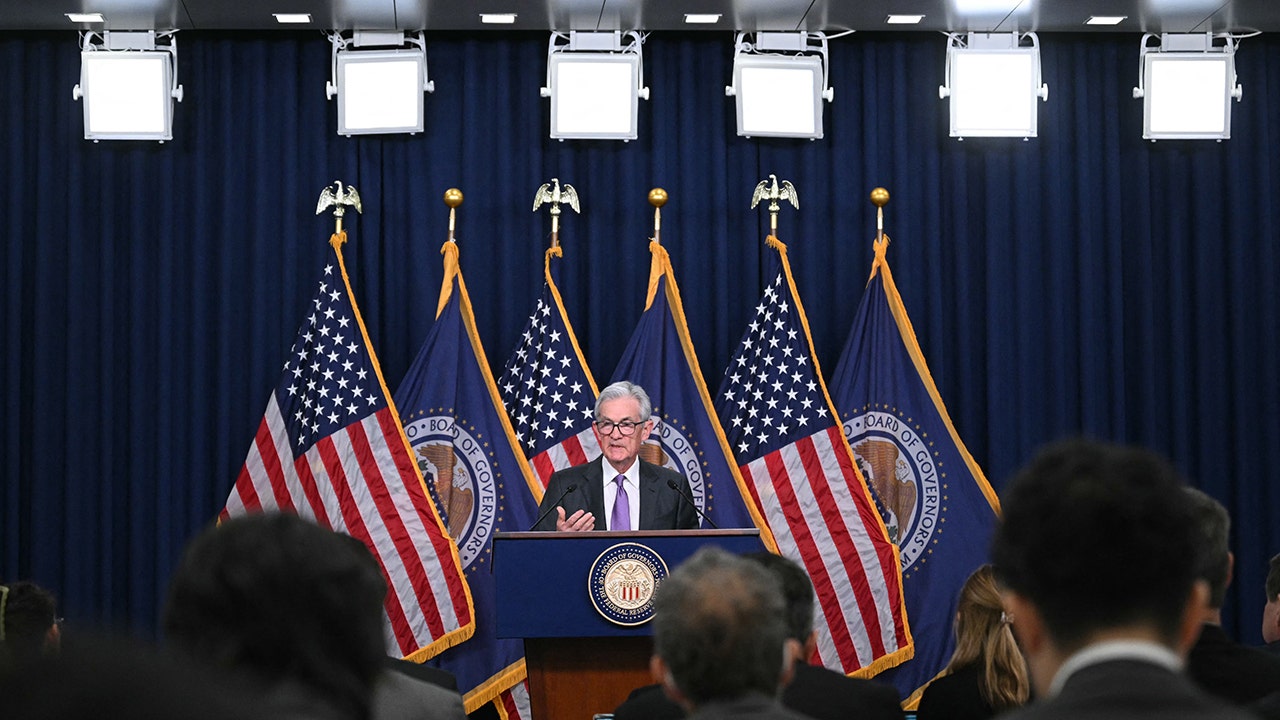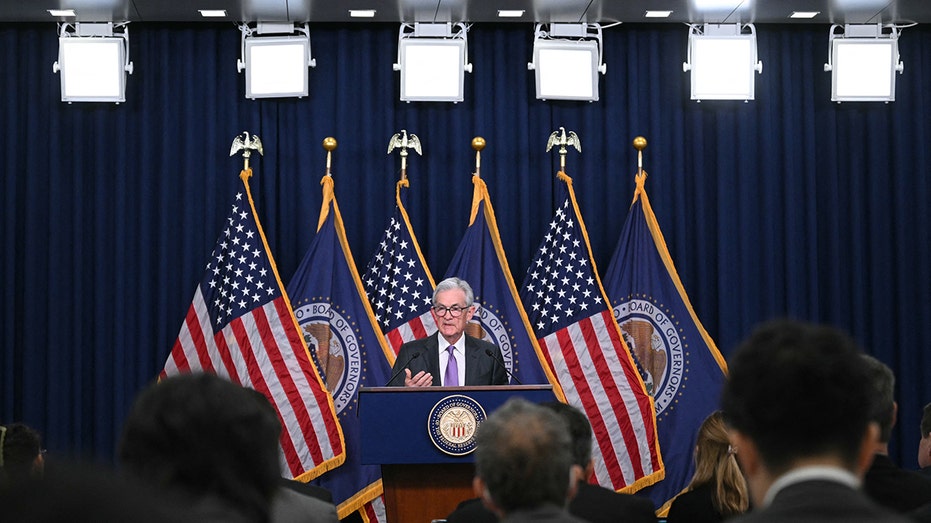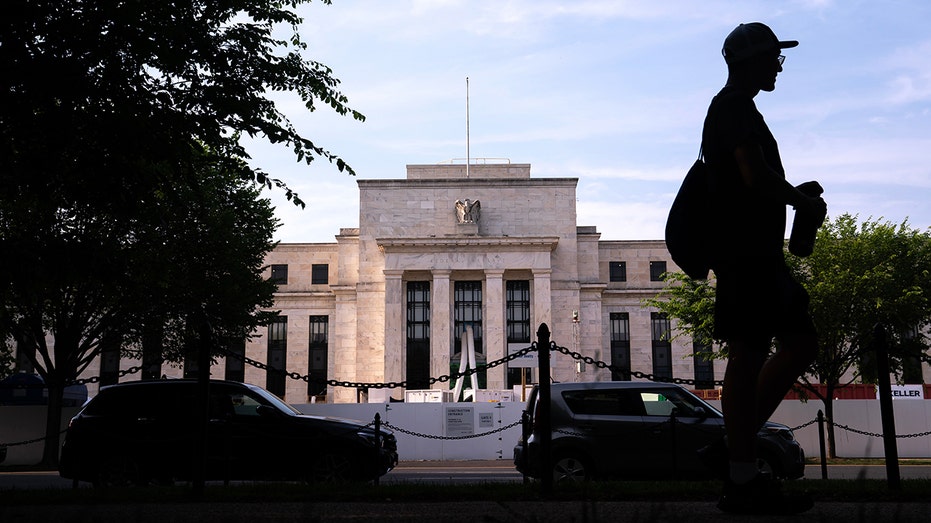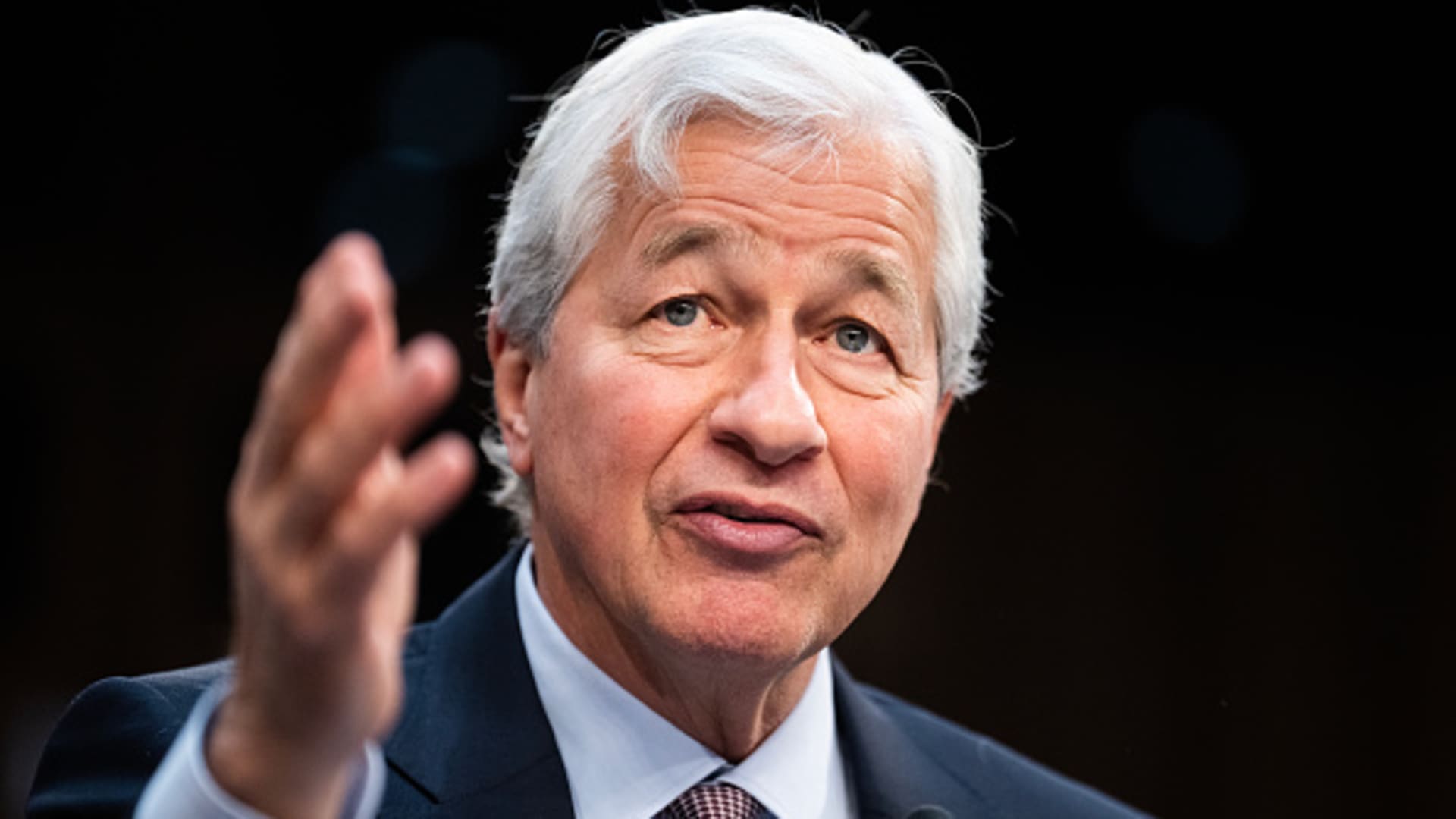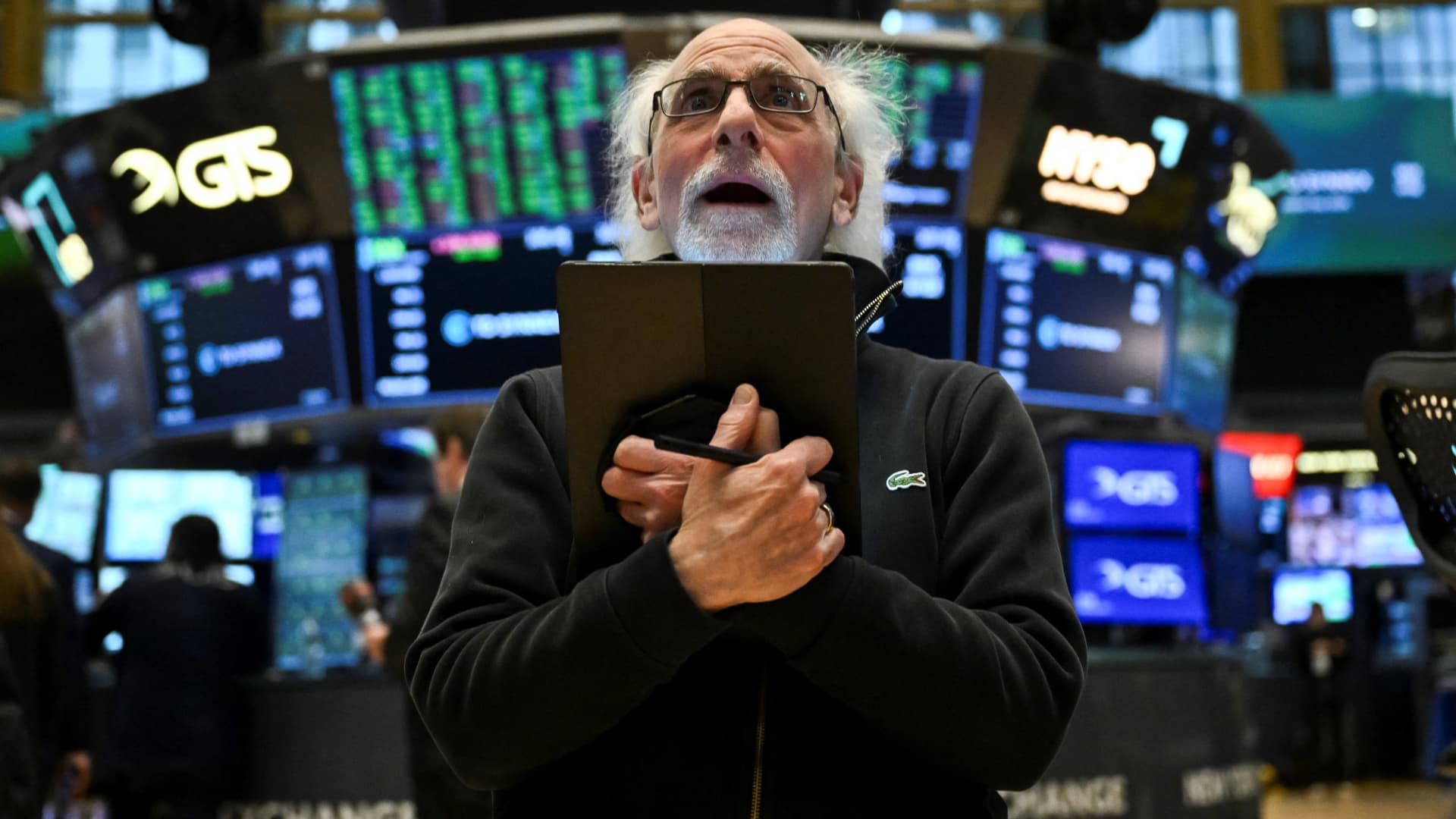BNY Mellon Wealth Management head of investment strategy Alicia Levine discusses what it will take for the Fed to hike interest rates on ‘Making Money.’
The Federal Reserve signaled at the conclusion of its two-day meeting on Wednesday that interest rates will remain elevated for some time, bringing to an end the era of ultra-cheap money.
Americans will be forced to adapt to a new normal where savers benefit from higher rates, but borrowers face steeper debt payments on everything from credit cards to mortgages to student loans.
“The timing of when the Federal Reserve begins to cut interest rates is up in the air – and in an indefinite holding pattern,” said Greg McBride, chief financial analyst at Bankrate.
Policymakers voted during their policy-setting meeting to leave interest rates unchanged at a range of 5.25% to 5.5%, the highest level since 2001. But officials also indicated they are unlikely to cut rates anytime soon amid signs of sticky inflation, meaning that borrowing money will remain far more expensive than it was just four years ago.
FED HOLDS INTEREST RATES STEADY AS INFLATION CASTS DOUBT ON FUTURE CUTS
Federal Reserve Chair Jerome Powell holds a press conference at the end of the two-day Federal Open Market Committee (FOMC) meeting at the Federal Reserve in Washington, D.C. on March 20, 2024. (Photo by Mandel Ngan/ AFP via Getty Images / Getty Images)
For Americans who carry a balance from one month to the next, the new era of persistently high interest rates could be costing them hundreds – even thousands – of dollars.
While the federal funds rate is not what consumers pay directly, it affects borrowing costs for home equity lines of credit, auto loans and credit cards. Higher rates have helped push the average rate on 30-year mortgages above 7% for the first time in years. Borrowing costs for everything from home equity lines of credit, auto loans and credit cards have also spiked.
In fact, housing affordability is as bad today as it was during the peak of the 2008 housing bubble thanks to the astronomical rise in mortgage rates.
The Atlanta Fed’s Housing Affordability Monitor, which compares median home prices and other housing costs with median household income, indicates the median U.S. household would have to spend about 39.8% of their income to afford the median-priced house as of February, according to the index. While that marks an improvement from the end of 2023, it is still far lower than the typical pre-pandemic level.
Americans with credit card debt are also feeling the pinch from higher rates.
Average interest rates on credit cards have already surged from 16% in February 2022, before the Fed began hiking rates, to 20.66% as of Wednesday, according to a Bankrate database.
Even just a minor change in credit card rates can affect how much Americans owe.
STAGFLATION FEARS COME BACK WITH A VENGEANCE
For instance, if you owe $5,000 – which the average American does – current APR levels would mean it would take about 277 months and $7,723 in interest to pay off the debt making the minimum payments. By comparison, that same amount of debt would have taken 269 months and $6,126 to pay off when interest rates were lower.
Those rates are unlikely to fall substantially anytime soon, thanks to the Fed’s higher-for-longer policy stance.
“The mantra of ‘higher for longer’ interest rates is music to the ears of savers who will continue to enjoy inflation-beating returns on safe-haven savings accounts, money markets, and CDs for the foreseeable future,” McBride said. “For borrowers, however, it dashes the hopes that interest rates will come down in a meaningful way any time soon.”
A pedestrian passes the Federal Reserve building in Washington, D.C., on June 3, 2023. (Nathan Howard/Bloomberg / Getty Images)
But there is also a silver lining to higher rates for many consumers.
Most banks and credit unions will raise their savings rates during periods of higher interest rates, making it a good chance for some Americans, particularly retirees living off of their savings, to earn more.
The national average banking savings rate hit 0.58% as of May 1, according to Bankrate, although rates are as measly as 0.01% at some of the biggest banks in the U.S.
GET FOX BUSINESS ON THE GO BY CLICKING HERE
There’s another far more lucrative option: High-yield savings accounts, many of which are now paying between 4.2% and 5.27%, providing an option for consumers who are seeking a lower-risk return. Savers can open an online high-yield savings account, but they should make sure the bank is insured by the Federal Deposit Insurance Corporation.
There are now more than two dozen nationally available savings and money market deposit accounts from FDIC-insured banks paying a rate of 3.75% or higher, according to Bankrate.

 Accounting6 days ago
Accounting6 days ago
 Accounting1 week ago
Accounting1 week ago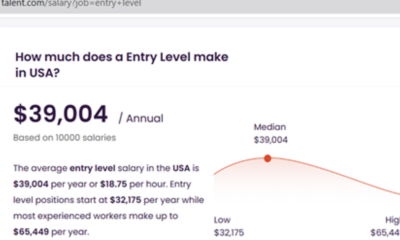
 Accounting1 week ago
Accounting1 week ago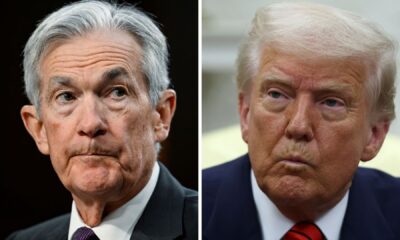
 Economics6 days ago
Economics6 days ago
 Economics5 days ago
Economics5 days ago
 Personal Finance1 week ago
Personal Finance1 week ago
 Personal Finance1 week ago
Personal Finance1 week ago
 Economics7 days ago
Economics7 days ago
